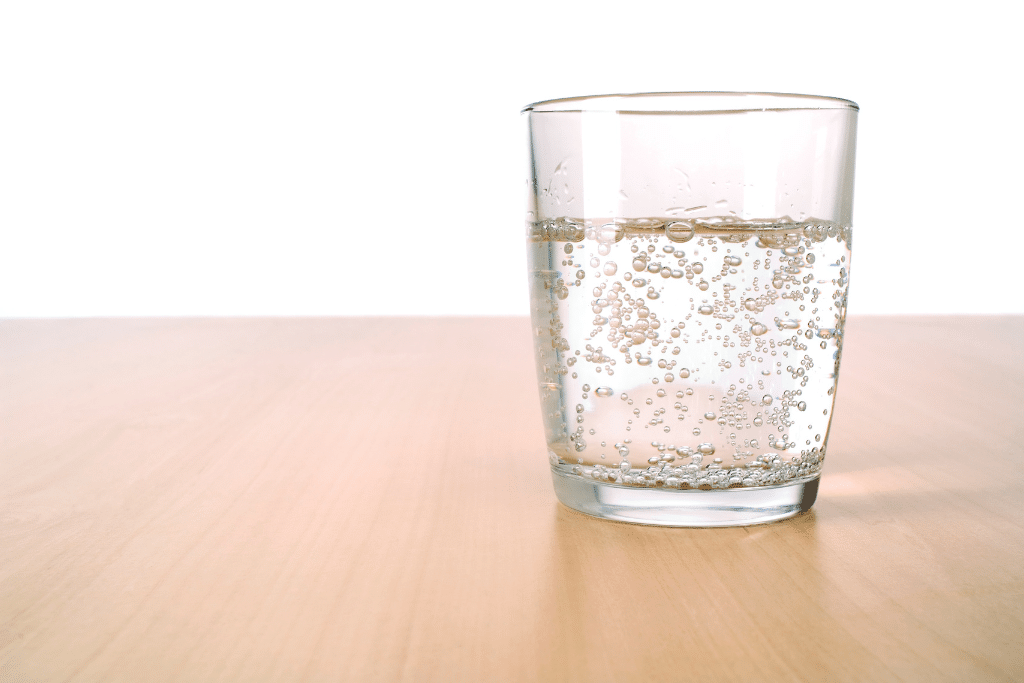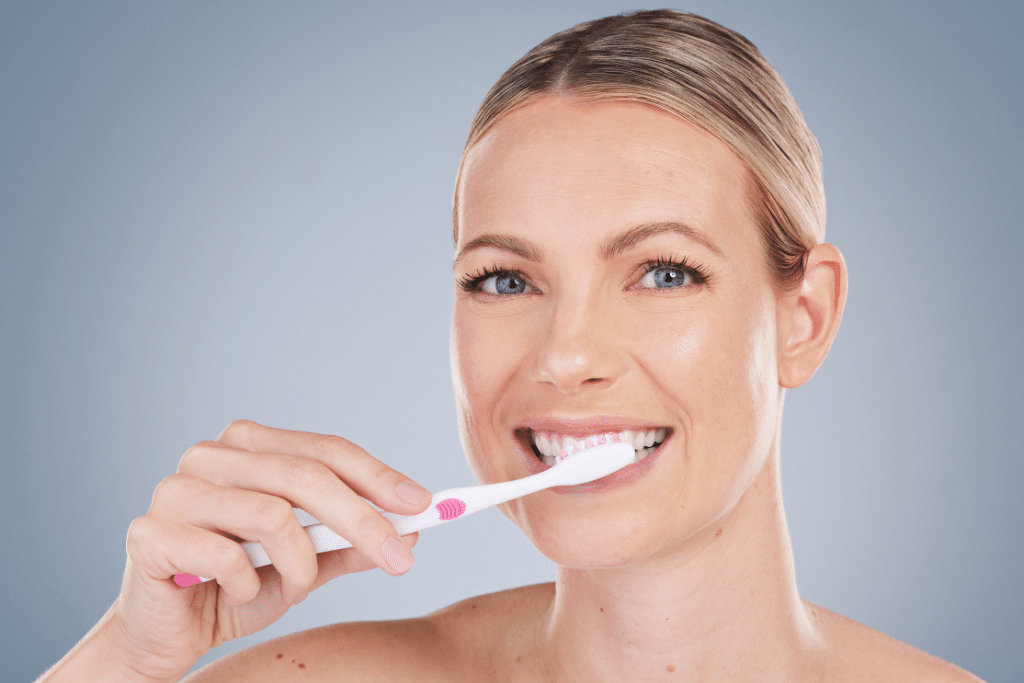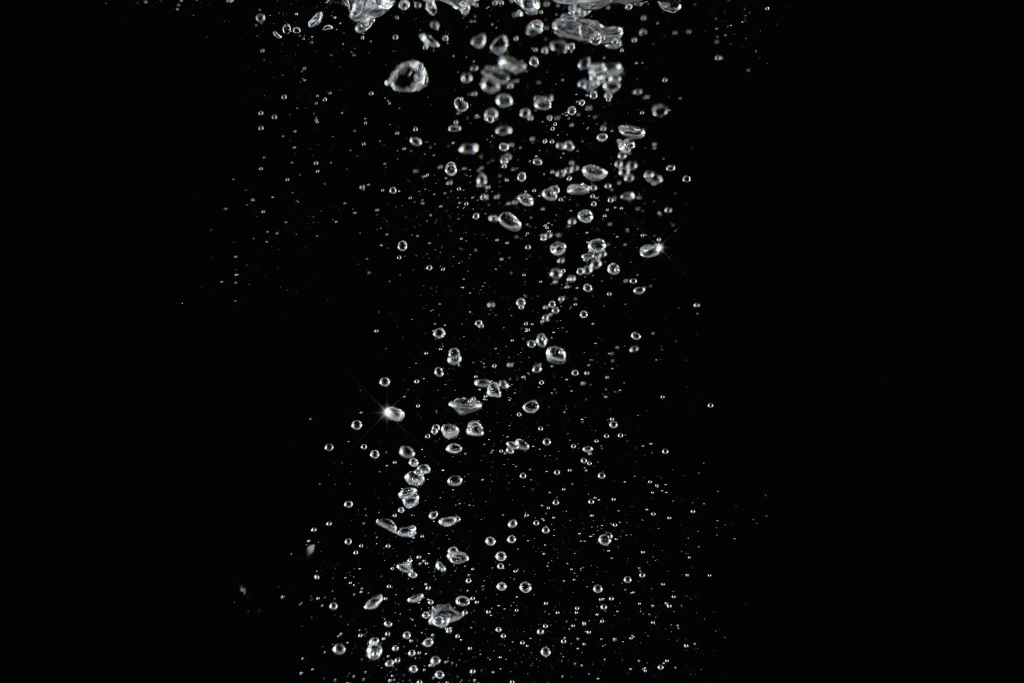Is Sparkling Water Bad for Your Teeth?


Sparkling water has become super popular as a refreshing and healthier alternative to sugary drinks. But the question is: “Is sparkling water bad for your teeth?” Compared to other carbonated drinks and fizzy drinks, sparkling water is seen as the healthier option, but there are concerns about enamel, enamel erosion, and tooth decay. This article looks into the effects of drinking sparkling water on oral health and answers these questions with scientific evidence and practical tips.
What is Sparkling Water?
Sparkling or carbonated water is infused with carbon dioxide gas under pressure to give it the fizz. Fizzy water is a type of sparkling water and is often talked about for its oral health effects, different from other sugary or acidic drinks. Carbonation can occur naturally in mineral springs or be added artificially. Sparkling water comes in different forms, plain, flavored and with added sugars. The appeal is in its bubbling form which many find more enjoyable than still water.
Understanding Tooth Enamel and Tooth Decay
To understand the effects of sparkling water on oral health, you need to understand enamel and tooth decay. Enamel is the hard outer layer of your teeth, the first line of defence against decay. Despite its strength, enamel is not indestructible. Erosion occurs when acids wear away the enamel, making teeth more sensitive and prone to cavities. Tooth decay results from bacteria and sugars in your mouth combining to produce acids that erode the enamel and dentin.
The Science Behind Sparkling Water and Enamel Erosion
When carbon dioxide dissolves in water, it forms carbonic acid, which is why sparkling water is slightly acidic. The pH level of sparkling water is between 3 and 4, which is less acidic than many other drinks but can still contribute to erosion. Many studies have looked into the effects of carbonic acid on enamel. Although it’s weaker than the acids in soft drinks and fruit juices, prolonged exposure to carbonic acid can still erode tooth enamel, especially if consumed in large amounts.
Factors Affecting Dental Health: More Than Just Sparkling Water
Sparkling water itself is mildly acidic, but flavoured ones have added sugars and citric acid, which can increase their erosion potential. Sugary beverages, lemon juice, and other acidic drinks are more harmful to teeth because they can lower the mouth’s pH. Frequency and quantity of consumption also matter. Consuming large amounts of these drinks can worsen erosion and tooth decay.
Comparing Sparkling Water with Other Beverages
To put sparkling water in perspective, let’s compare it with other drinks. Plain water, still water and fluoridated water are the best for healthy teeth as they don’t contribute to erosion. Soft, fizzy, and sugary drinks are highly acidic and sugary, so they’re more harmful to tooth enamel. Milk is good for teeth because of its calcium content, which helps strengthen enamel. Sparkling water, especially the plain ones without added sugars, is less harmful to oral health than these other harmful drinks.
Oral Health Tips for Sparkling Water Drinkers
For those who enjoy sparkling water, there are several practical tips to minimise enamel erosion and maintain good oral fitness:
1. Drink with Meals: Consuming sparkling water with meals can help neutralise the acids and reduce their impact on tooth enamel.
2. Rinse with Plain Water: After drinking sparkling water, rinse with plain water to remove residual acids.
3. Avoid Immediate Brushing: Brushing your teeth immediately after consuming acidic beverages can further damage enamel. Wait at least 30 minutes before brushing.
4. Choose Plain Varieties: Opt for plain sparkling water without added sugars or flavours to reduce the risk of enamel decay.
5. Maintain Good Oral Hygiene: Brush twice daily with fluoride toothpaste, floss daily, and visit your dentist regularly for check-ups and hygiene appointments.
6. Moderate Consumption: Limit the quantity and frequency of sparkling water intake to minimise its impact on your teeth.
Myths and Facts About Sparkling Water and Dental Health
Many myths surround sparkling water and oral health. One myth is that sparkling water is as expensive as sugary beverages. But the truth is sparkling water is slightly acidic but way less erosive than soft drinks and other acidic drinks. Many studies have shown that sparkling water’s effect on enamel is relatively mild compared to these other drinks. Another myth is that all sparkling waters are created equal. Flavoured and sweetened ones can be more harmful to teeth health because of their added ingredients.
The Role of Dentists and Dental Treatments at Fulham Road Dental
Regular dental check-ups are important to maintain oral fitness and address erosion and cavities. At Fulham Road Dental, we understand that every patient has unique concerns. Our dentists and hygienists will take the time to understand your needs and provide personalised advice on drinks and oral care routines to prevent dental problems. Treatments for erosion and cavities may include fluoride applications, dental sealants and restorative procedures like fillings or crowns. We use state-of-the-art equipment and techniques to make your visits comfortable and effective. If you’re concerned about sparkling water and your teeth, talk to our dental team, and we will give you valuable advice and guidance tailored to your oral goals.
Final Thoughts
Sparkling water can affect tooth enamel but is less erosive than sugary or acidic drinks. You can protect your oral health by drinking sparkling water in moderation and following good oral hygiene. Remember to choose plain varieties, rinse with water after drinking and don’t brush immediately after consumption. Regular dental check-ups and consult your dentist for personalised advice to keep your teeth healthy.

